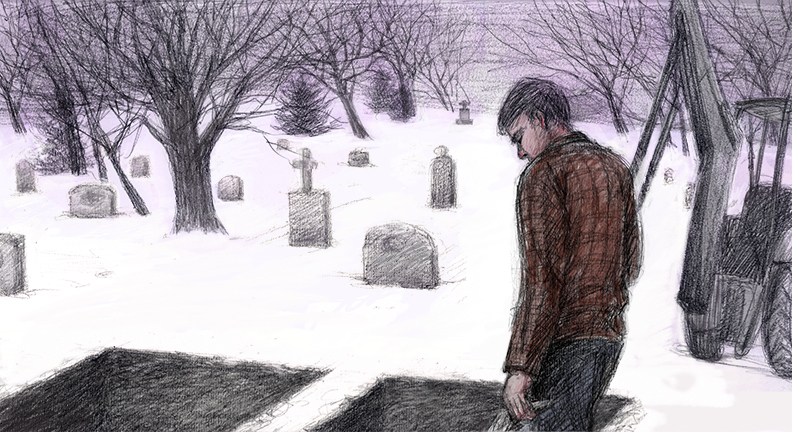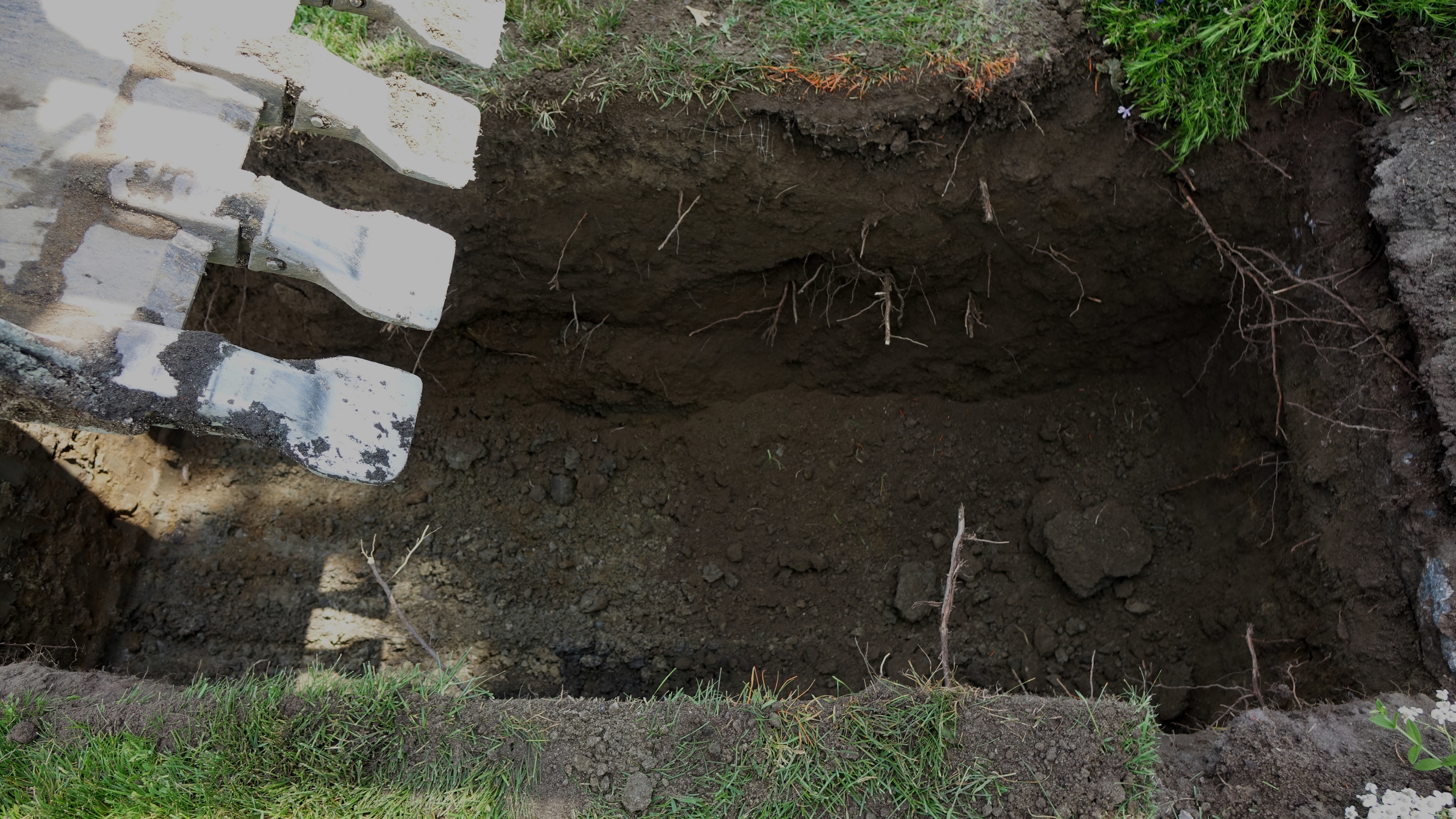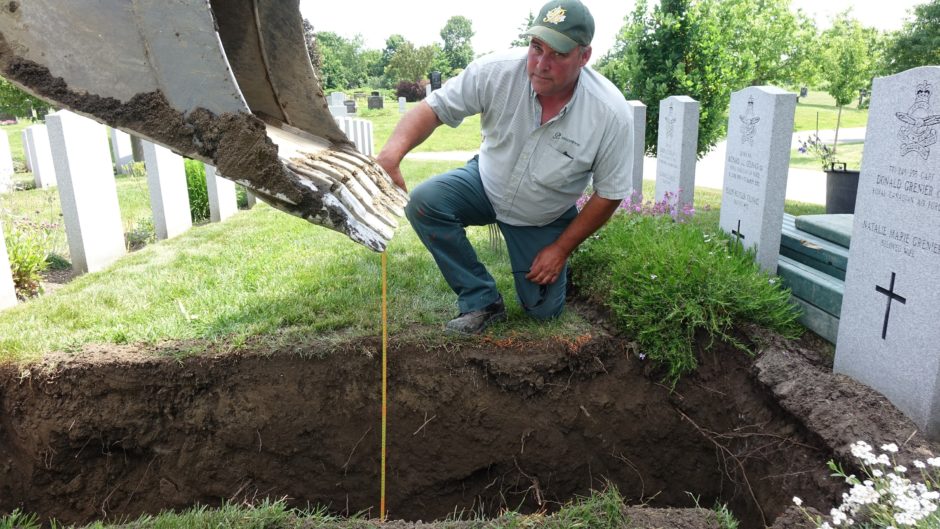In this series, we introduce you to some of the Ottawans whose job it is to prepare the dead for what comes next.
Each has worked in their respective field for decades, and each draws on that experience to share their insights on loss, grief and the final rest.
Rob Smith
Over the 21 years I've worked at Beechwood Cemetery, I've dug up thousands of graves.
I started off just cutting grass at the cemetery. I'm now in charge of anything that happens outdoors. We dig through all seasons. In the winter, we dig through ice and snow. It can take hours to make one grave.
I don't often meet the owners of the grave that I'm digging, but I usually learn their name, their age and a little about who they are.
It's a quiet job, we don't interact with people very often. Sometimes, I meet the family because they want to watch as we lower the casket.

I've caught myself crying twice in 20 years during the services of people I didn't know. The second time was last year when a couple of sisters were killed in a car crash on Mitch Owens Road just before Christmas. It's one that stuck with me.
The family wanted to witness the burial. They watched us lower the casket and fill the grave with soil. I just stood there, waiting. I can't even explain the family's reaction. There was wailing, and screams.
We're helping people through their toughest time. We're trying to make things go easy and smooth for them. But there's nothing easy about death.

When we dig a grave up for a child, it affects everybody in one way or another. I try to keep the guys that have young children away when a child is being buried. I have a 10-year-old daughter, and when I see that it kind of hits home.
I'm proud of what I do here, and what we do for these people, but there are circumstances where it does affect me. I try to just think of it as a job. Somebody has to do what we do.
It's inevitable. It will happen to everybody, but I don't like to think about it.
That's how you have to think in this industry: you can't let things get to you. I've seen people break down over the years. People in this industry have turned to alcohol, drugs and even suicide.
One of my workers just recently walked away. He said he couldn't do it anymore. He was a great worker, but not everyone can stare into a grave every day and be OK.
I haven't become any more familiar with death over the past 20 years. There's never anything right to say to anyone who is experiencing grief or the loss of a loved one. I hate going to events like that. It sounds funny because I work in the industry, but I hate it.
It's inevitable. It will happen to everybody, but I don't like to think about it.
I remember when I used to cut the grass, an elderly foreman that worked at the cemetery told me something I remember all the time. He told me that every day is a bonus, and no day is guaranteed. I try to remember that.
